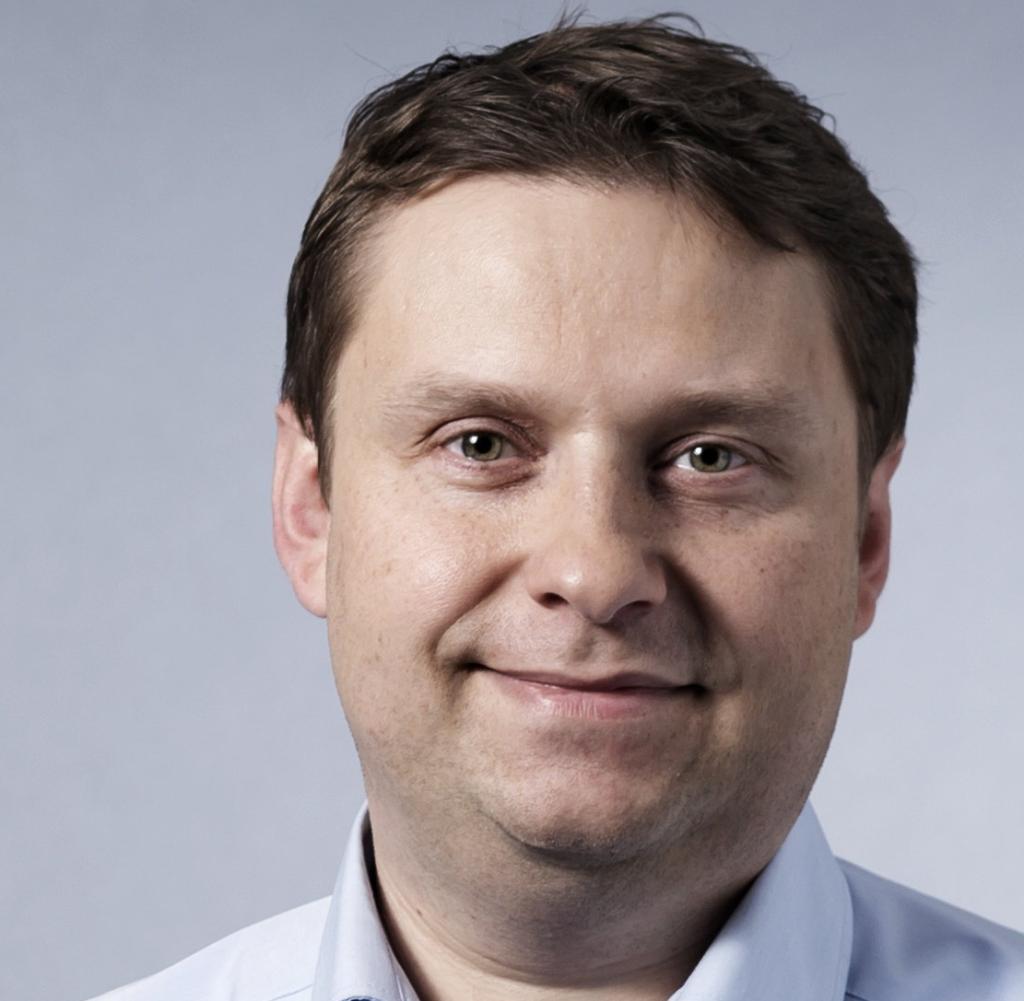Thyssenkrupp CEO Miguel Lopez sees his company’s steel division as a burden and has announced tough cuts for the segment. “Steel is the origin of our company. It has a proud past – but also a very uncertain future,” said the manager before the Düsseldorf Business Journalists Association (WPV). “The situation is critical and without decisive countermeasures it could quickly become a threat to our existence.”
Thyssenkrupp as a whole is also in stormy waters due to the problems in the steel sector – “with all the associated risks,” said Lopez. “We need to get back into calmer waters, especially since we have waited far too long.” A partial sale of the steel division to the EP Corporate Group (EPCG) of Czech billionaire Daniel Křetínský is intended to help with this. The Supervisory Board of Thyssenkrupp AG recently decided against the votes of the employees to sell 20 percent of the shares. The decisive factor was the double voting rights of the chairman Siegfried Russwurm.
Later, EPCG will acquire a further 30 percent and establish a 50/50 joint venture with Thyssenkrupp. This is probably also to remove the steel subsidiary, which, according to Lopez, has burned through around three billion euros in free cash flow since the 2018/2019 financial year, from the balance sheet. In any case, after the partial sale to Křetínský, Steel Europe will only be listed as an investment.
Lopez defends the fact that the investor entry was decided in a confrontational manner with the works council and IG Metall, saying that there was time pressure. “We need a sustainable solution – not at some point in the future, but now. The situation will not improve on its own, on the contrary.” This is not about a temporary economic downturn. “We have tangible structural problems in this area.” And the time factor plays a decisive role. “Because if we do nothing now, we risk far more.”
Meanwhile, the board of Steel Europe, led by its chairman Bernhard Osburg, has been asked to draw up a new business plan for the division, which currently has around 27,000 employees. It is still unclear when the results will be presented. Lopez always speaks of “as soon as possible”. But it is clear that this plan will involve significant cuts. “It’s about a very big change,” stresses the Thyssenkrupp boss, who replaced Martina Merz at the helm of the M-Dax company almost exactly a year ago.
So far, only a significant reduction in production capacity at the main plant in Duisburg has been announced. Germany’s largest steelworks is designed for a production volume of around 11.5 million tons. In the future, only plants with a capacity of around nine million tons will be located there.
As a result, there will also be a “still unquantifiable reduction in jobs,” as Thyssenkrupp Steel Europe announced a few weeks ago. “The plan will outline the entire future of steel,” Lopez says of his expectations. This will involve capacities and the question of which products and customer groups to focus on in the future, as well as the green transformation.
He said he could understand the employees’ concerns. But Thyssenkrupp is more than just steel. “We are talking about an industrial group with many different business areas and around 100,000 employees. Almost three quarters of them work outside the steel sector.” The steel business must therefore not place any further strain on the group’s other businesses. “It must, like all other segments, be self-sustaining.”
But cuts are also looming in other areas. Performance there is also worse than necessary. “Unfortunately, the appeal of our brand is not backed up by corresponding financial performance,” says Lopez. “Our finances are not where they should be. In almost all businesses, we are below competitive levels.”
The Apex savings program is therefore to be expanded again. So far, over 4,800 measures have been identified that bring EBIT potential of 1.8 billion euros. But according to Lopez, that is not enough. “We need to add to that.”




